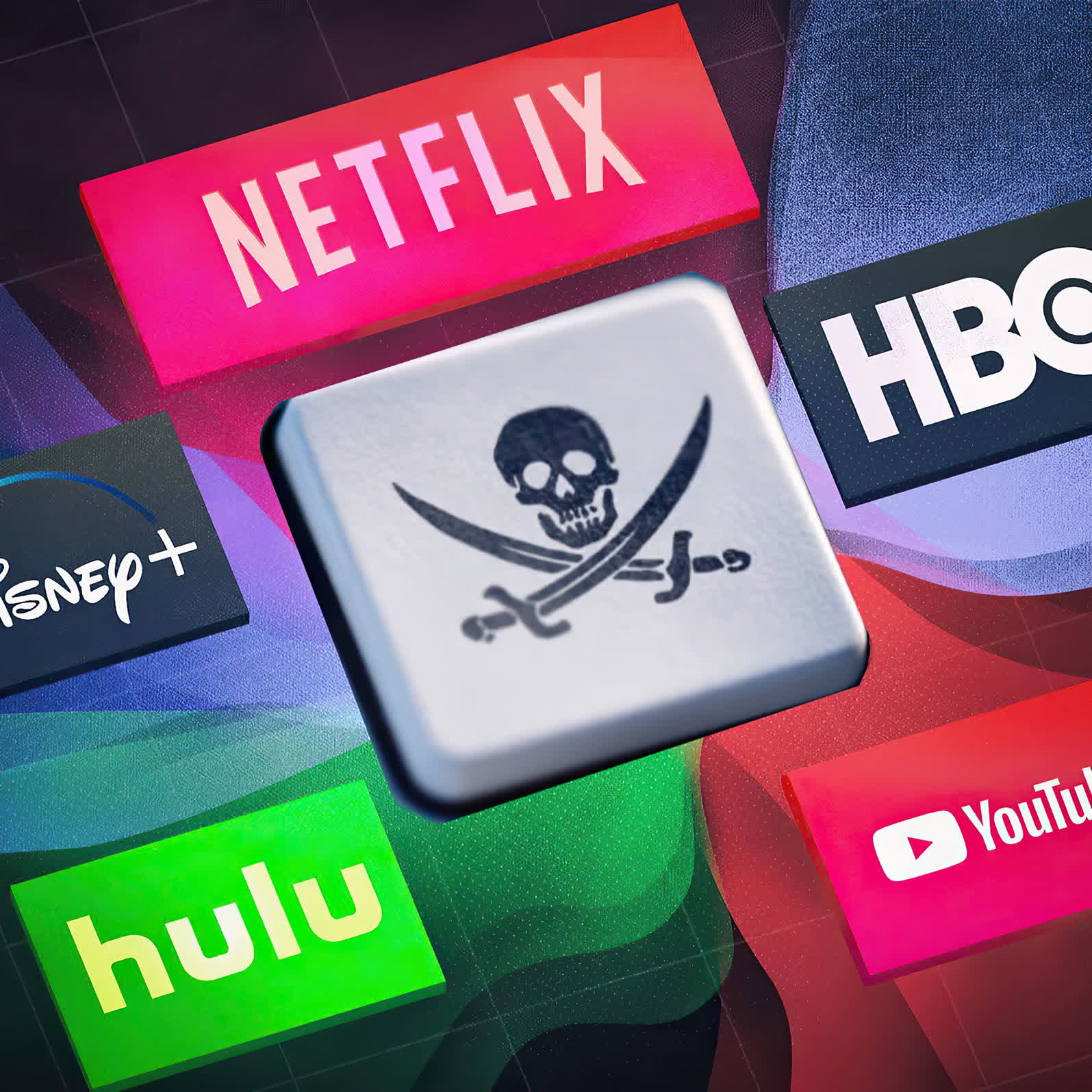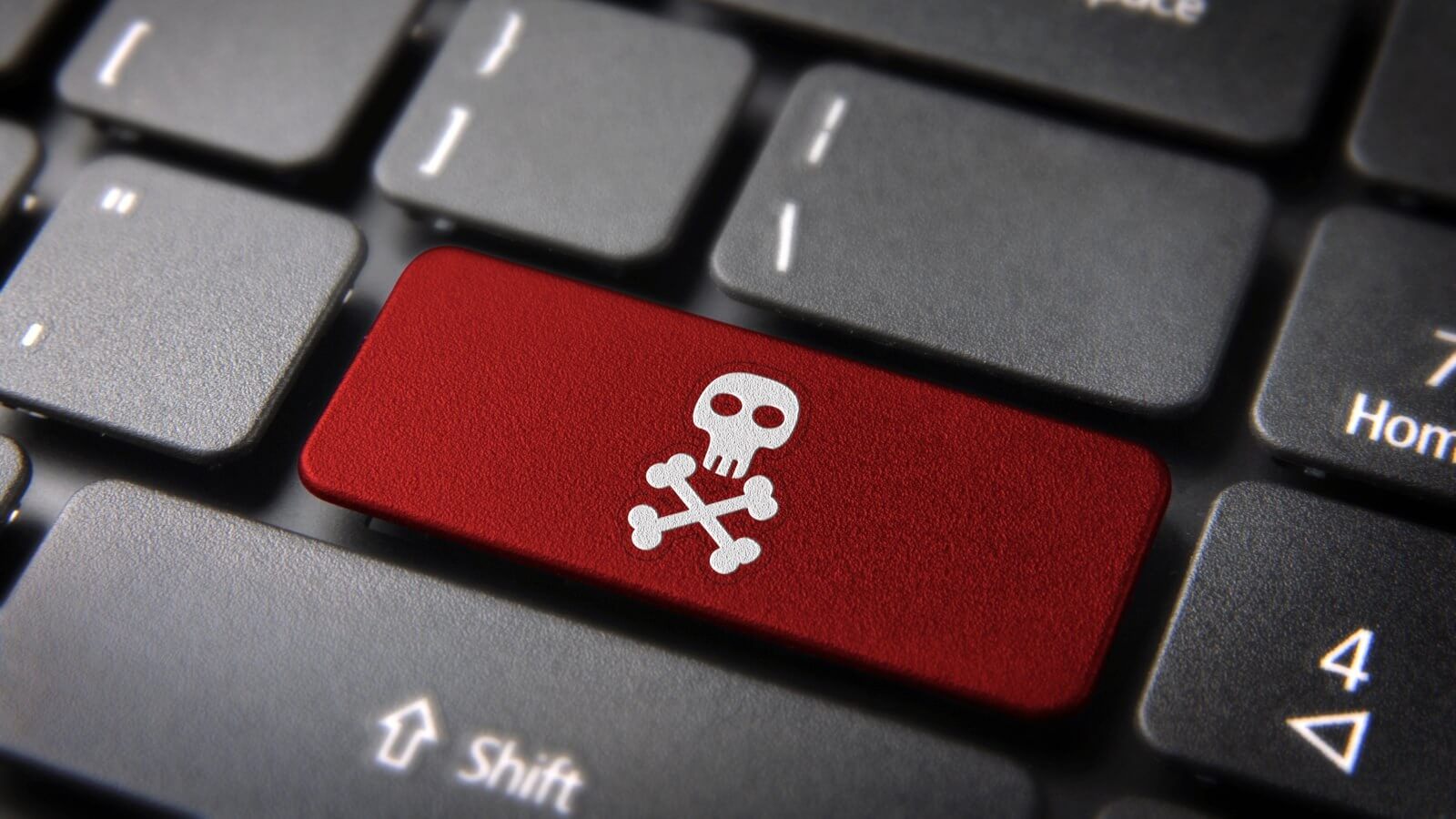Why it matters: In the days since Russia began its invasion of Ukraine, a growing list of tech and media companies have suspended business in the country. Recent reports indicate that the Russian government is considering decriminalizing piracy to some degree in order to maintain access to products from those companies.
Russian publication Kommersant gained access to a document laying out plans for Russia to defend its economy against the wave of sanctions levied against it since its invasion of Ukraine took place.
The document (translated in English here) covers multiple subjects, including possible changes to technology regulation. Sections 6.7.2 and 6.7.3 mention canceling punishments for using unlicensed software from companies based in countries levying sanctions on Russia. This could be directly aimed at companies that stopped selling their products in Russia like Microsoft, Netflix, Apple, Amazon, EA and many others.
Section 6.8.3 says Russia might import foreign goods without consent from copyright holders among those companies.

According to a since-deleted tweet from Gazeta.ru, Russian politician Dmitry Ionin suggested unblocking popular BitTorrent tracker RuTracker. Russians would likely use it (regardless of the ban) to download movies from companies like Disney, Sony, and Warner Bros. that have paused new releases in Russia.
However, pirating software might have limited effectiveness in today's world of software-as-a-service. Even if Russians can download programs, they can no longer register or pay for subscriptions, especially since Visa, Mastercard, and PayPal suspended operations in Russia as well. And a growing number of software and services these days run on the cloud, so they can't be downloaded in the first place.
